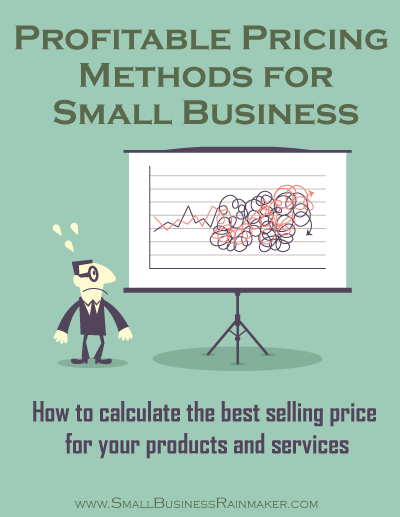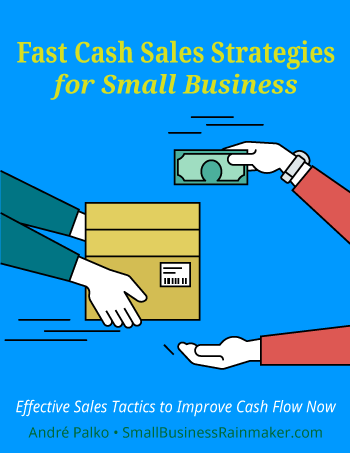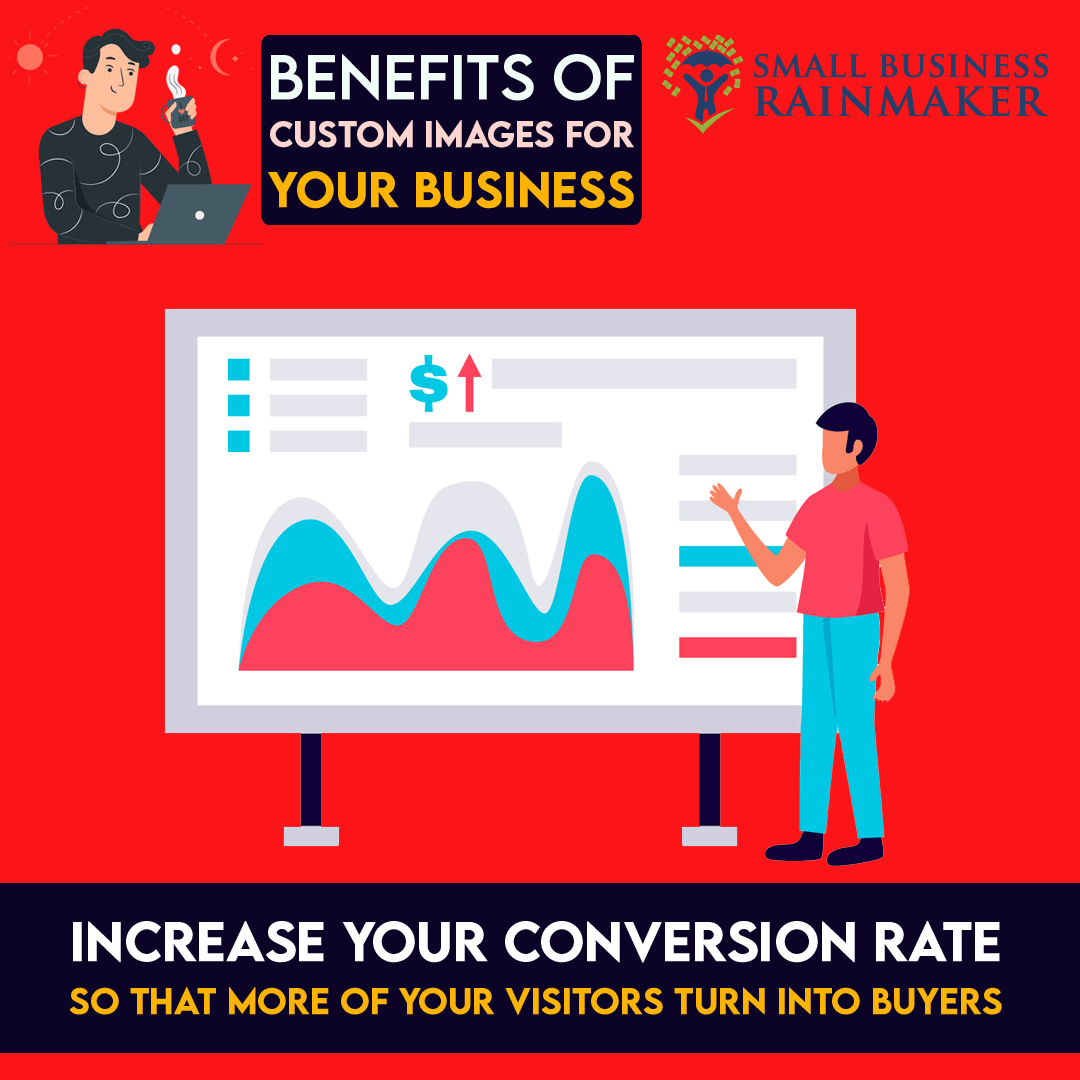
The vision you have of running your own business shows you all the positives that come with such a step. You're your own boss, you get to make all the decisions and you get to chart the course for your company's future. Yes, these are all good things — but starting a company isn't always smooth sailing.
Instead, becoming a small-business owner means you will face your fair share of stress. Some of this may come from the hiccups along the way. You might realize you completely underestimated the cost of getting such a venture up and running. Although we can't predict the decisions you'll have to make, we can help you prepare for the hidden costs that come with proprietorship.
Hidden Costs of Starting a Business
Here are seven of them to consider, and account for, before opening your doors.
1. Consider Loans
For starters, your company will require funding to get it off of the ground. To get the money you need, you'll often have to rely on bank loans. Without previous experience or other successful businesses to corroborate your financial standing, lenders might look at your personal financial situation instead.
If you have a bad credit score, then your loan will likely come with terms that will all but ensure you have to pay interest at some point. These payments can really add up, especially if you find yourself unable to remit them on time. The more of a balance you carry on your loan, the more interest you rack up. The cycle will continue to pummel you.
To avoid such expenses, try funding your company in a different way. Options include saving up and spending your own money, or relying on crowdfunding, wherein those who believe in your business can pitch in to help it grow.
2. Add up Employee Expenses
You've probably added up how much money you'll need each year to pay your staff, but have you considered the rest of the perks that will come with them? Do you how much such additions will cost?
If not, then you need to add up the money you'll be spending on taxes and health insurance, as well as any on-the-job bonuses they'll receive. That employee gym membership or fridge full of refreshments won't be free, you know.
In most cases, you can multiply each employee's salary by between 1.25 and 1.4 to see how much their hiring will actually cost. It's only slightly above what you've already totaled, but it can really add up with multiple staffers on board. Calculate wisely to save yourself some grief.
3. Remember Fees or Permits
The permits and fees required to run your business aren't one-time payments. Instead, many cities will require you to make annual repayments to keep your standing, so add those costs into your tally. To that end, you might want to join local business societies for networking purposes. Professional groups can be super helpful to a fledgling enterprise. Other company owners can provide you with casual guidance. Such an expense is worth the money. Just make sure you factor it in so you can afford it.
4. Invest in Tech Tools
Renting a space is only part of the equation. Then, you have to fill it with the supplies you need to run a business. You may have calculated some of these expenses already. There are plenty of obvious purchases you'll have to make, such as computers and printers.
You'll also have to invest in the business technology infrastructure of your business. For instance, do you know the type of phone system you'll employ at your office? You might select a basic multiline system or swing for VolP, which relies on the internet to make calls. Either way, get a quote to figure out how much an expense such an addition will be.
Even if you're not outfitting an office, be realistic about the supplies you have and what you'll need to successfully start your company. For instance, you might already have a computer, but a clunker won't get you off the ground. Add up these costs and don't forget them as you're raising funds.
You might also try and save money by enlisting remote staffers who have their own devices on which they can work. This will save you money in the beginning, when expenses are already adding up.
5. Choose the Right Insurance
Right away, your business will need a relatively small insurance policy. As your company grows, however, you will need to upgrade your coverage to protect what you've built. As such, you might fail to factor in the increasing cost of insurance as you project your business expenses.
Every business's insurance needs will be different. Some ventures, for instance, take on more risk. Therefore, insurers might require you to take on a more expensive policy. Add to that the fact you need liability, workers' compensation insurance, cyber and other policies, and you could be paying upwards of $1,000 per year to cover your company.
6. Pay Those Taxes
Sometimes new business owners fail to consider just how much money they'll owe the federal government. After all, as an employee, all that is done for you. Now, though, you're in charge of figuring this out. Chances are you will owe more than what you're calculating in your head.
You can reduce the amount of taxes due with a few smart moves. For instance, investing in a retirement fund will help reduce your taxable income. You can also redefine your business structure so you face fewer taxes. Sole proprietors might pay more than registered LLCs. Do your homework to figure out the cheapest way for your company to operate.
7. Buy Supplies and Utilities
We've already touched on the tech side of surprise expenses, but you will also want to add up administrative costs. You'll have to pay utility bills as a small-business owner. You'll also have to outfit your office with all the supplies it needs, from furniture to paper to ink cartridges.
Fortunately, you can save here, too, so long as you adopt eco-friendly business practices. Using less paper or installing earth-friendly lightbulbs will save you money and protect the planet's resources. If expenditures in this area get too high, you can find plenty of ways to cut corners and costs.
Plan and Prosper
Starting a company can be costly, but with the right planning, it can also be a smart investment. If you believe in your business idea, then plan wisely. Considering every expense, including these seven, can help you prosper.
 Lexie Lu is a freelance web designer based in Williamsport, PA. She loves taking her goldendoodle on long runs and checking out flea markets. Visit her blog, Design Roast, and follow her on Twitter @lexieludesigner.
Lexie Lu is a freelance web designer based in Williamsport, PA. She loves taking her goldendoodle on long runs and checking out flea markets. Visit her blog, Design Roast, and follow her on Twitter @lexieludesigner.











![The Top Female Founders Around the World [Infographic]](https://www.smallbusinessrainmaker.com/hubfs/images/Blog/top-female-founders-around-the-world.png)



Leave a comment